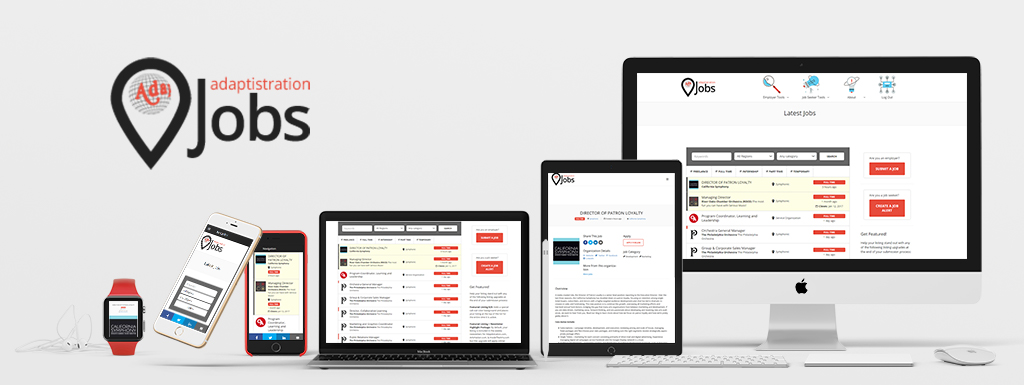The 1/15/2009 edition of the New York Times published an article by Dan Wakin about proposed budget cuts at the Metropolitan Opera. Although the article reports the Met’s general manager, Peter Gelb, is approaching the organization’s unions to see about instituting 10 percent pay cuts from the organization’s unions for each of the next two years along with equal pay cuts for administrators, Gelb is only asking principal singers to take an unspecified reduction in fees. This article serves as an excellent example to begin meaningful discussions about concessionary actions…
With regard to the situation at the Met, the organization would likely have an easier time in their discussions with each respective union if they told the Times that they expect principal singers to accept pay cuts no less than equal to other stakeholders. Historically, simple points like this are easily overlooked but can serve as the first step toward contentious feelings capable of delaying a desired outcome by weeks or even months.

Even though the weight of economic stressors can seem overbearing and quick, drastic action may seem like an appealing solution, it is in an organization’s best interest to keep in mind the following guidelines when approaching stakeholders for concessionary discussions:
- TRANSPARENCY: Although the economic downturn impacts every organization to one degree or another, there is no universal level of distress. In order to build credibility with stakeholders who are being asked to engage in concessionary discussions, organizational leaders will need to provide unrestricted access to all relevant financial and strategic data.
- STAKEHOLDER PARITY: If the organization requires salary concessions, they must be implemented equally. The only reasonable exception to this is entry level employees who are already paid low wages. In order establish good faith, those earning most should approach bargaining sessions resolving to sacrifice at a higher level and/or shorter implementation schedule with cuts among remaining stakeholders being implemented over a mutually agreed period of time.
-
STRATEGIC FORESIGHT: Efforts to engage concessions will be expedited if accompanied by a detailed business plan. US auto industry executives managed to prolong their 2008 bailout request process because they failed to accompany those requests with detailed business plans resulting from an inclusive strategic planning process encompassing all of the organization’s stakeholders. Orchestras making the same mistake can only expect similar results.
- RESTORATION: A closely related component of concessionary strategic planning is forecasting when the organization will return to previous levels of artistic expenditures (or at the very least, why that was rejected by all parties after consideration).
Perhaps unsurprisingly, not all parties will see eye-to-eye during each of the above stages. In fact, it isn’t unusual for stakeholders to insist that the board implement some, all, or additional steps than those above before agreeing to engage in official concessionary bargaining sessions. Nevertheless, that shouldn’t assuage resolve when it comes to implementing a fair and thorough process.
Unless they live in a cave and only venture outside for work related activity, most stakeholders are well aware of the current economic conditions throughout the country. At the same time, that doesn’t mean they won’t be leery of unjustified attempts to take advantage of these conditions. Just because any one group of stakeholders believes they are doing the right thing or demonstrating fortitude by making “tough choices” doesn’t mean they occupy any sort of moral high ground. Insular thinking and forcing solutions created outside of a meaningful, inclusive process will likely result in making a situation worse.
Remember to remove egos and attitude from the process and keep a check on emotions. Treat all stakeholders equally and with respect, even if those qualities aren’t returned. Capitulating to lower instincts will only make a situation worse and cloud paths toward cooperative solutions.
In 1979, Lee Iacocca followed a procedure very close to the one outlined above before petitioning the US Government to guarantee bridge loans Chrysler needed but would otherwise be unable to secure. By gathering the support of all the organization’s stakeholders, Iacocca successfully acquired the guarantees he needed to turn the company around. Unfortunately, those leadership principles apparently fell to the wayside after his departure from the company but that doesn’t mean this field can’t benefit from those accomplishments. Ultimately, Iacocca’s process was sound and continues to serve as a useful model for any field with a diverse set of stakeholders.



Thank you so much for posting this – while I would venture to make some commentary, everything that needs to be said is said quite brilliantly here.
Thank you Sam, I’m humbled and grateful that you found the article useful.